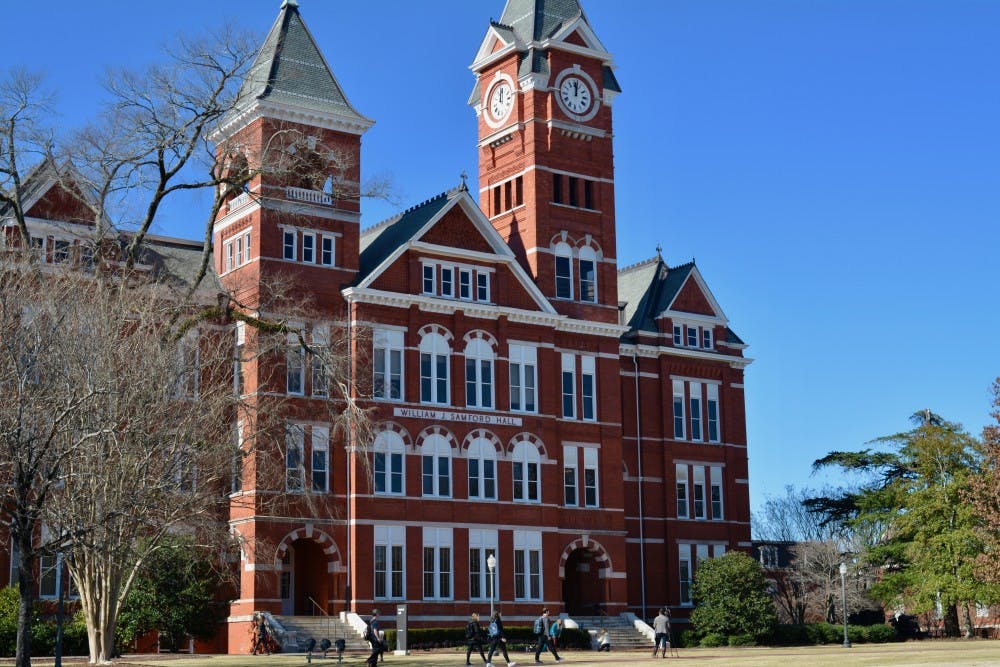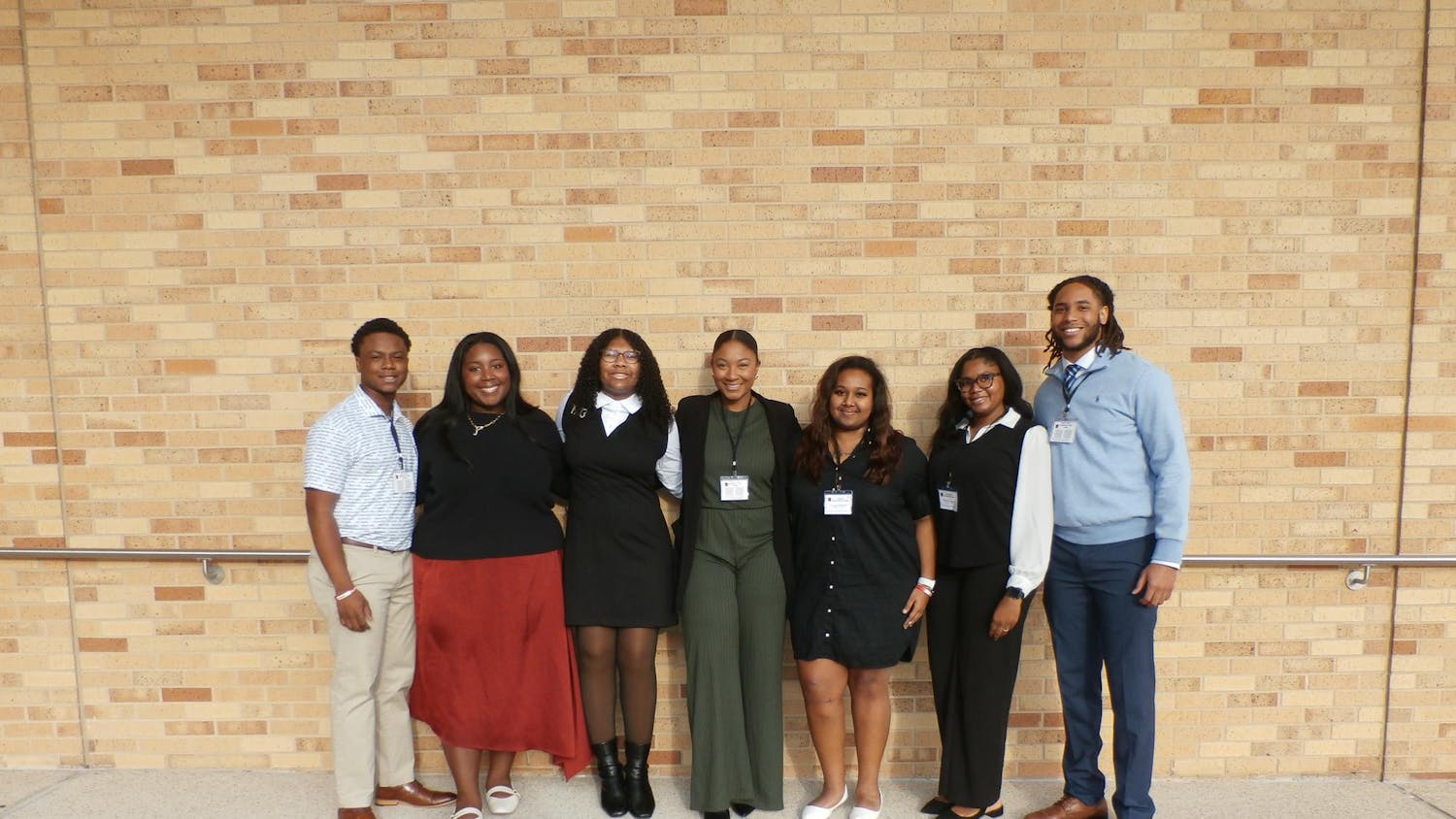Though the COVID-19 pandemic has suspended many organizations from normal operations, some work continues remotely with software such as Zoom allowing virtual conferencing. Faculty of Auburn University’s main campus aren’t the only ones who’ve had to make this transition; the University also manages the Alabama Cooperative Extension System and the Alabama Agricultural Experiment Station. The directors of the federally mandated groups addressed the Auburn University Board of Trustees in a specially called teleconference meeting on April 3 to share how they are handling remote work and social distancing.
“For two weeks, county extension offices have been closed, but our personnel have been very active,” said Gary Lemme, director of the Alabama Cooperative Extension System.
The need to socially distance means that all Alabama 4-H activities, which the extension system manages, have been canceled. These include meetings of local chapters and statewide contests with spring dates, Lemme said. The Alabama 4-H Center in Columbiana, Alabama, has also closed until further notice and canceled all youth and public events, he added.
“Initially, we were concerned that these actions would hurt our ability to serve the people of Alabama, but the opposite has occurred,” Lemme said. “Our staff has been applying incredible creativity and worked hard.”
This effort has seen the addition of a COVID-19 section to the ACES website with more than 50 news articles published reflective of the system’s programs. ACES has also prepared a number of virtual training courses of various disciplines that have seen high levels of interest, Lemme said.
“Over 4,000 people are registered for a beekeeping program to be delivered next week over Zoom,” he said. “Last week, 4,787 cattle producers attended a virtual workshop on livestock marketing. In summary, ACES continues to serve Alabama residents to the delivery of relevant research-based information to improve their quality of life and economy.”
Despite COVID-19 disruptions to Auburn, the Alabama Agricultural Experiment Station, a network of agricultural facilities associated with the University, is functioning at “near normal levels,” according to Paul Patterson, dean of the College of Agriculture and director of AAES.
“We’ve made the decision to keep all experimental operations going forward during this period of adjusted operations,” Patterson said. “Failing to proceed with our experimental work would result in loss of one year’s worth of experimental data and the failure to perform on contracted research work.”
Patterson said new experiments are currently being planted throughout AAES facilities and will continue into early June. He also noted that faculty who need to visit a research project outside of Auburn to collect data are being granted exceptions to travel restrictions placed on University employees. Department heads, the dean of agriculture’s office and the provost will review any requests for exception concerning research, with the provost having final say on approval.
“The faculty member must demonstrate that their travel plans will minimize their and their research assistant’s potential exposure to the coronavirus through their work at the site,” Patterson said. “To date, over 60 travel exceptions have been reviewed and approved.”
Out of a total 164 staff AAES employees, Patterson stated “nearly all” were currently working on spring experiments. As some are parents to young children who can no longer be left at daycares, this has created necessary work-from-home procedures, and Patterson said most facilities now have less than 10 employees on site because of this and social distancing advisories.
“One unit facing the largest challenge in operations is the Plant Science Unit, the greenhouse complex on the Auburn campus,” he said. “This unit has three staff members and typically relies on about 10 student workers; most of these student workers have left campus.”
As AAES attempts to maintain operations, it has at least 140 new experiments scheduled to begin at its outlying facilities in the spring. However, Patterson said that if greater restrictions on work are put in place because of COVID-19, the network is “prepared to provide maintenance-level support of experiments.” There are also contingency plans to care for animals in AAES facilities to protect their well-being.
Do you like this story? The Plainsman doesn't accept money from tuition or student fees, and we don't charge a subscription fee. But you can donate to support The Plainsman.





